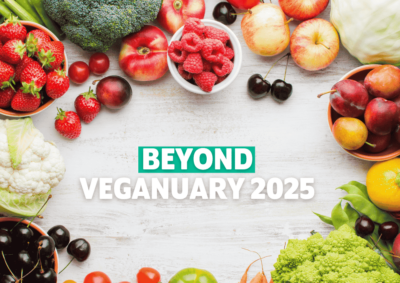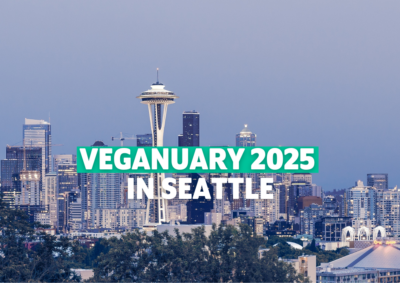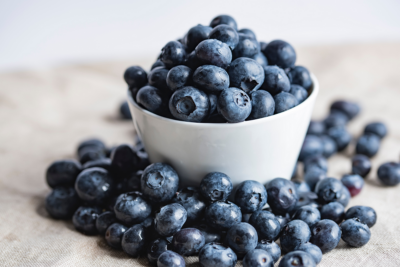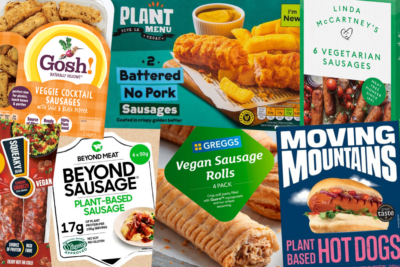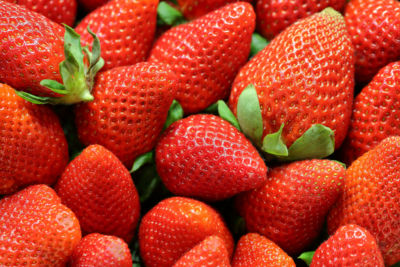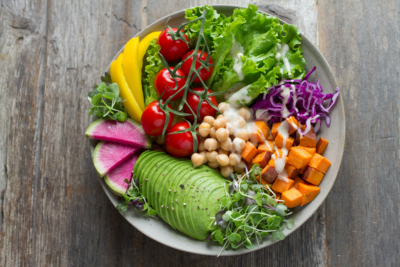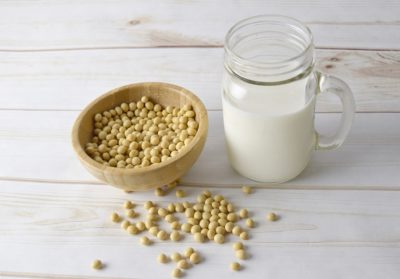Cancer is the second leading cause of death in the United States. According to the CDC, each year, more than 1.7 million people are diagnosed with cancer nationally, and almost 600,000 people die from it. Studies show that diets centered around whole plant foods like vegetables, fruits, whole grains, and beans can reduce our risk of developing certain cancers.
“Basing our diets around plant foods (like vegetables, fruits, whole grains, and beans), which contain fiber and other nutrients, can reduce our risk of cancer.”
World Cancer Research Fund and the American Institute for Cancer Research
PROSTATE CANCER
Prostate cancer is the second most common cancer in men globally. A large U.S. study found that, compared to non-vegetarians, men who followed a vegan diet were 35% less likely to develop prostate cancer. There are over one million new cases of prostate cancer diagnosed worldwide each year.
BREAST CANCER and dairy
Need one more reason to ditch dairy for good? A long-term study of over 50,000 women published in the Journal of Epidemiology found that consuming cow’s milk was strongly correlated with an increased risk of breast cancer.
According to the lead author:
“Consuming as little as 1/4 to 1/3 cup of dairy milk per day was associated with an increased risk of breast cancer of 30%. By drinking up to one cup per day, the associated risk went up to 50%, and for those drinking two to three cups per day, the risk increased further to 70% to 80%.”
Gary Fraser, professor of cardiology and nutrition at Loma Linda
Curious about the link between soy and breast cancer? We break it down here.
Colorectal CANCER
Studies from around the globe have suggested that eating high amounts of meat is linked to an increased risk of colon cancer. In fact, the World Health Organization has now categorized processed meat as carcinogenic to humans.
“A meta-analysis of 29 studies of meat consumption and colon cancer concluded that a high consumption of red meat increases risk by 28%, and a high consumption of processed meat increases risk by 20%”
Harvard Medical School
Many complex factors impact overall cancer risk, including heredity and lifestyle. However, research supports that a diet featuring foods rich in fiber and antioxidants (like those found in plants) can reduce the risk of cancer diagnosis and recurrence. At the same time, studies show a strong link between meat consumption and an increased risk of several types of cancer. Since a vegan diet by definition, eliminates meat consumption and increases the intake of plants, healthy vegetarian and vegan diets are generally considered to be cancer-protective.
PAGE UPDATED NOVEMBER 2024

